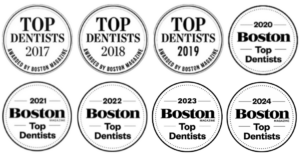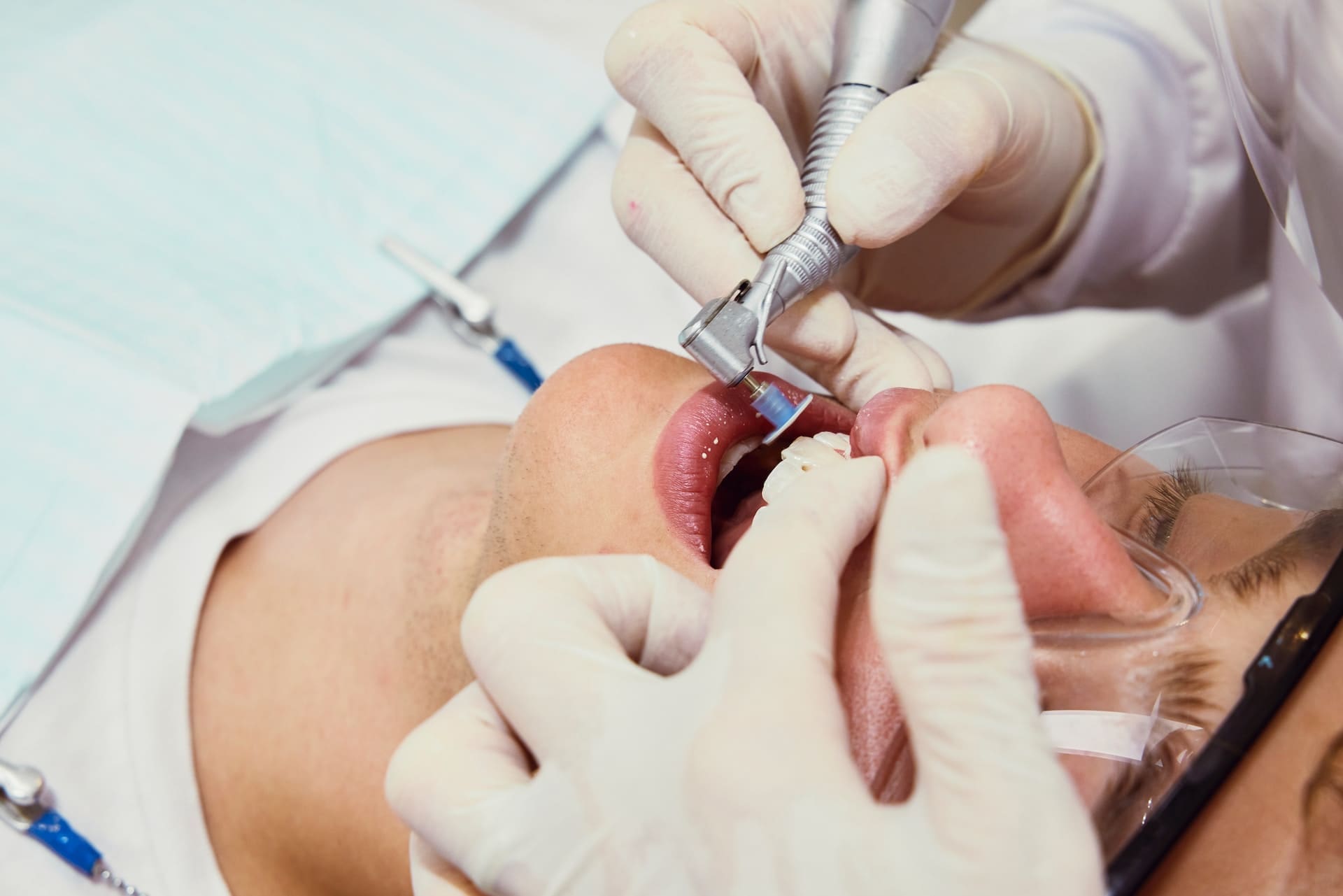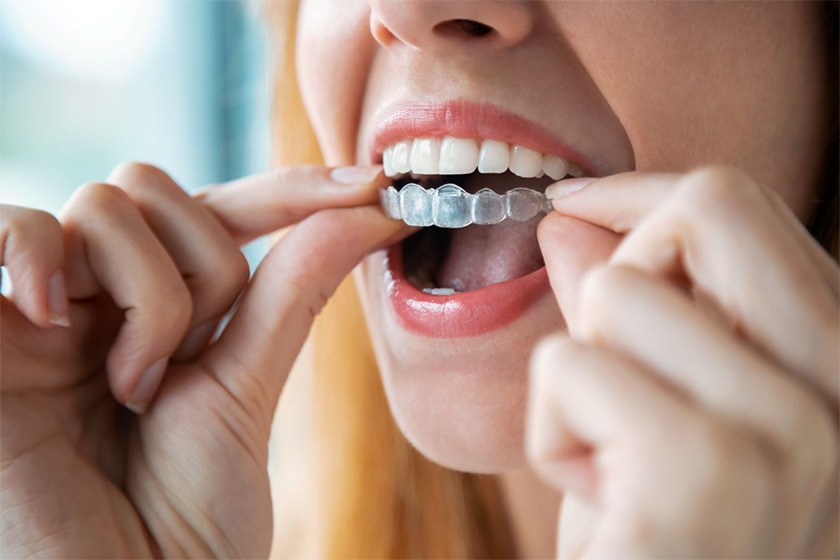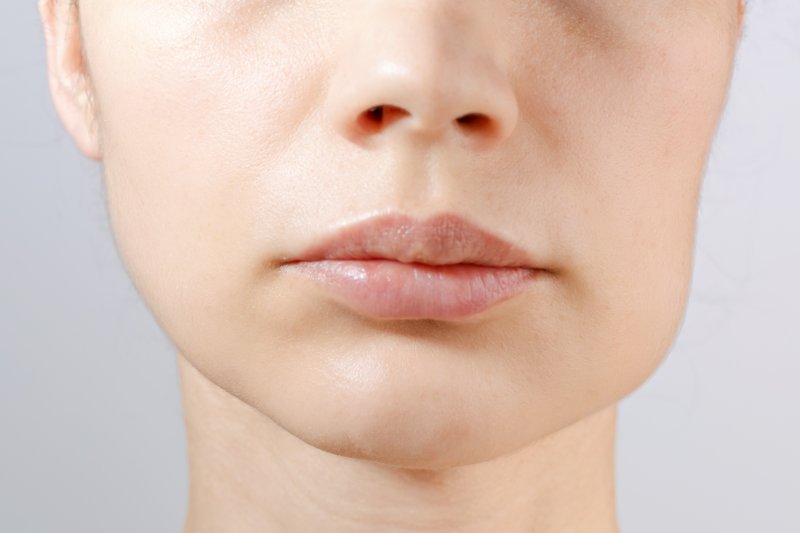Dental home care plays a crucial role in maintaining your overall oral health and ensuring the success of various dental treatments. While regular dental check-ups and cleanings are vital components of oral health, maintaining an effective home care routine is essential for preserving a radiant and healthy smile. At Lexington Smile Studio National Campaign, our team of experienced dental professionals offers comprehensive dental services, including guidance on best practices for dental home care, to keep your teeth and gums in optimal condition.
This educational and informative article aims to provide patients with essential tips and recommendations on how to maintain a healthy smile at home, ensuring the sustainability of their dental treatments and reinforcing good oral hygiene habits. By focusing on intent-driven topics, we will cover essential aspects of dental home care, such as selecting the right oral care tools, mastering proper toothbrushing techniques, incorporating mouthwashes, and understanding the importance of diet and hydration in oral health.
Choosing the Right Oral Care Tools for Effective Home Care
Selecting the appropriate oral care tools is a crucial first step in maintaining dental home care. Some essential tools to include in your home care routine are:
1. Toothbrush: The American Dental Association (ADA) recommends using a soft-bristled toothbrush, which effectively removes plaque without causing damage to your teeth or gums. Additionally, an electric toothbrush with soft bristles can be beneficial in ensuring proper brushing technique and timing.
2. Toothpaste: Fluoride toothpaste is advisable for preventing tooth decay and strengthening the tooth enamel.
3. Dental floss: Flossing is essential for cleaning the spaces between your teeth and removing any trapped food particles or plaque.
4. Mouthwash: Antimicrobial mouthwashes can help reduce plaque buildup and subsequently lower the risk of developing gum disease.
Mastering Proper Toothbrushing Techniques
Brushing your teeth efficiently is crucial for keeping plaque and bacteria at bay. Follow these tips to ensure an effective brushing routine:
1. Brush for at least two minutes: The ADA recommends brushing your teeth for two minutes, twice a day to thoroughly clean your teeth.
2. Use a 45-degree angle: Hold your toothbrush at a 45-degree angle to the gumline and gently brush using a circular motion.
3. Don’t neglect hard-to-reach areas: Ensure you brush the back of your teeth and the chewing surfaces.
4. Clean your tongue: Gently brush your tongue to remove bacteria and help prevent bad breath.
5. Replace your toothbrush regularly: Change your toothbrush every three to four months or sooner if the bristles show signs of wear.
The Importance of Daily Flossing
Flossing removes plaque and food particles from the crevices between your teeth and along the gumline, areas your toothbrush can’t reach. To floss effectively:
1. Use about 18 inches of floss, wrapping it around your middle fingers.
2. Glide the floss between your teeth, using a back-and-forth motion.
3. Curve the floss around each tooth in a gentle C-shape, ensuring you reach beneath the gumline.
4. Floss at least once a day to prevent plaque buildup and gum irritation.
Incorporating Mouthwash into Your Routine
Mouthwash serves to supplement, not replace, toothbrushing and flossing. Moreover, it can help neutralize harmful bacteria in the mouth and lessen bad breath. Guidelines for using mouthwash are as follows:
1. Use a recommended portion, typically around 20 milliliters, and swish it around your mouth for about 30 seconds before spitting it out.
2. Wait for 30 minutes before eating or drinking to allow the active ingredients to work effectively.
Understanding Diet and Hydration’s Role in Oral Health
Your diet and hydration significantly affect your oral health. Consuming sugary and acidic foods can weaken the tooth enamel, while a balanced diet high in fruits, vegetables, and lean proteins promotes overall oral health. Additionally, staying hydrated promotes proper saliva production, essential for neutralizing acids and removing harmful bacteria.
Conclusion
Dental home care is the cornerstone of maintaining optimal oral health and ensuring the longevity of your dental treatments. By choosing the right oral care tools, mastering proper toothbrushing techniques, incorporating daily flossing and mouthwash, and understanding how diet and hydration impact your oral health, you can preserve a radiant, healthy smile for years to come.
Ultimately, a robust dental home care routine, coupled with regular dental checkups and cleanings at Lexington Smile Studio National Campaign, sets the stage for a lifetime of oral health and confidence. Invest in your dental home care and experience the transformative power of a well-cared-for, sparkling smile. Visit our dental office in Lexington now.






